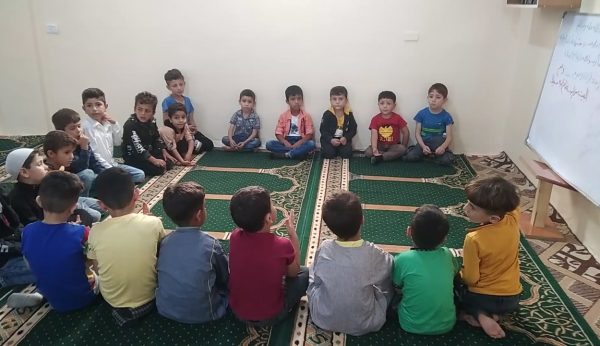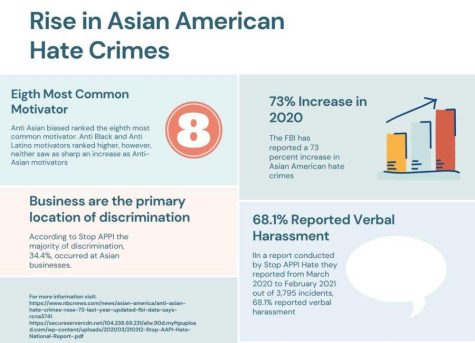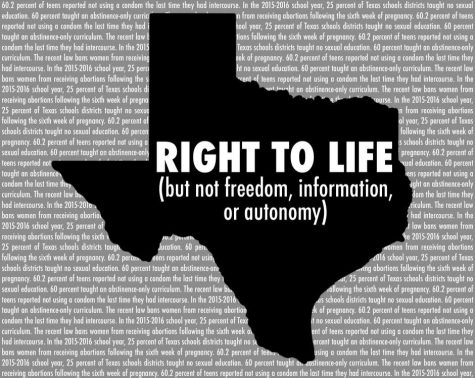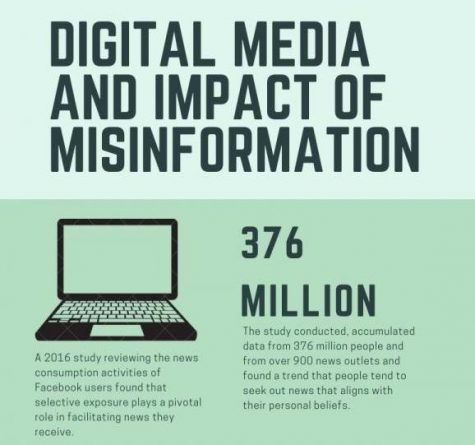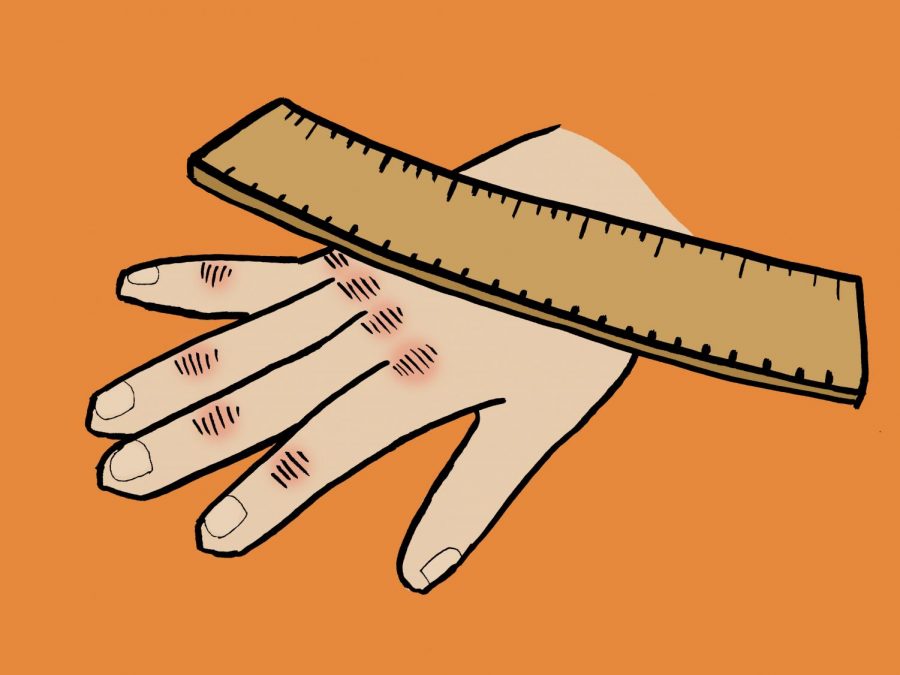Georgia should eliminate corporal punishment in schools
Corporal punishment is unethical and disproportionately targets disadvantaged students.
Corporal punishment in schools is inhumane, discriminatory, and ineffective. When most people think of corporal punishment, a form of discipline involving physical force, they picture frontier schoolmarms and rulers slapping hands. Most consider spanking students an outdated punishment.
In schools that allow corporal punishment across the United States, however, teachers are permitted to physically beat and restrain students in the name of discipline. While this traumatic and hurtful practice has lost steam in recent years, it remains legal in 19 states, including Georgia. Corporal punishment has been used in schools for too long, to the detriment of students.
Unfortunately, corporal punishment in schools can cause a child serious physical and emotional damage.
In the Supreme Court case Ingraham v. Wright, the family of Florida eighth-grader James Ingraham sued his principal for paddling him 20 times, causing him to require medical attention. Additionally, a McGill University (in Toronto, Canada) analysis of data from the Global School-Based Health Survey (GSHS) found that youth violence is lower in countries where corporal punishment is completely outlawed. Physical punishment should be banned from schools in order to prevent harm and promote student health.
Corporal punishment’s inhumanity isn’t its only vice. Students of color and students with disabilities are physically punished far more than their white, able-bodied counterparts. In 2009, the American Civil Liberties Union described some of the harmful punitive actions teachers take against students with disabilities, including paddling, throwing children, and restraint, resulting in bruises and injuries.
In Georgia, according to the ACLU, these students are 70 percent more likely to be paddled than the general population of students. According to the Brookings Institute, black students, who already face disproportionate punishment, have a rate of corporal punishment twice as high as that of white students. This seriously damaging punishment disparately hurts vulnerable students and minorities, and to continue inflicting it upon groups that already face discrimination is particularly unjust.
Corporal punishment fails to do its job. Consequences are intended to motivate better behavior in students, but over the years, a number of studies have found that punishment doesn’t deter bad behavior. One such study, performed by Dr. Eveline Crone of the Leiden University Brain and Cognition Lab, found that the brain doesn’t react to negative feedback until students reach high school age.
Students under age 13 only thoroughly register positive feedback when making decisions, so physical punishment only fosters fear. If the majority of students don’t respond to corporal punishment, then I do not see a good reason to continue inflicting it upon these helpless students.
Corporal punishment has a long history in schools, but it is cruel, discriminatory and counterproductive. Atlanta Public Schools has banned it, which I commend it for, but a 2013 Atlanta Journal-Constitution investigation found that over half of the school districts in Georgia continue to use this outdated and inhumane method of punishment. For the safety and well-being of our students, it’s time to ban corporal punishment in Georgia.

